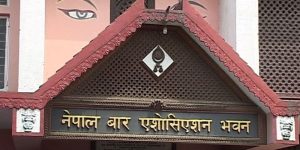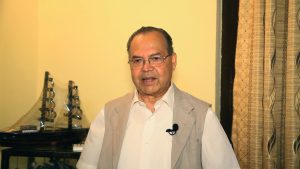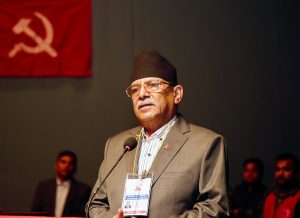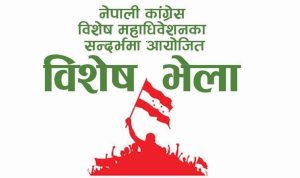Kathmandu — Internal tensions inside the CPN (Unified Socialist) have escalated, with several senior leaders preparing to leave the party and rejoin the CPN-UML. Prominent figures Ram Kumari Jhakri, Kisan Shrestha, and Ambar Bahadur Thapa are holding a separate press conference on Wednesday to announce their move away from the faction led by Madhav Kumar Nepal.
Former lawmaker Kisan Shrestha said the group will speak to the media at 10 a.m. at Basera Hotel, near Singha Durbar. “Many of us believe returning to UML is the right step forward. We’ve already been in contact with UML leadership,” Shrestha said.
He claimed that nearly 100 central committee members are ready to switch sides, arguing that the leadership’s current unity and reorganization drive does not reflect the party’s true majority.
Parallel Moves Reflect Deeper Division
Another group within the Unified Socialist, led by Ghanashyam Bhusal and Bijaya Poudel, has announced a separate event calling for the party’s reformation instead of a merger. Both sides have expressed growing frustration over recent leadership decisions.
Shrestha accused the party leadership of appointing more than 80 new central members to secure a majority before pushing unity talks with the Maoist Centre and other left parties.
“That decision sidelined long-time members and created deeper mistrust,” he said.
Meanwhile, eight left-leaning political forces, including the Maoist Centre and Unified Socialist, are set to announce their merger today at Bhrikutimandap, Kathmandu — adding momentum to Nepal’s ongoing leftist realignments.
Khanal Meets Oli and Dahal Amid Political Flux
Senior leader Jhalanath Khanal met with CPN-UML Chair KP Sharma Oli on Tuesday night. Sources said the meeting focused on current political developments, though Khanal’s secretariat clarified that rejoining UML was not discussed.
Khanal is also scheduled to meet Maoist Centre Chair Pushpa Kamal Dahal (Prachanda) on Wednesday morning. As Nepal’s left politics once again shift, analysts say the Unified Socialist now faces a crucial test — whether it can preserve its identity or merge into the broader wave of left unity.






